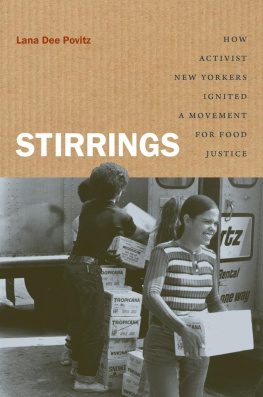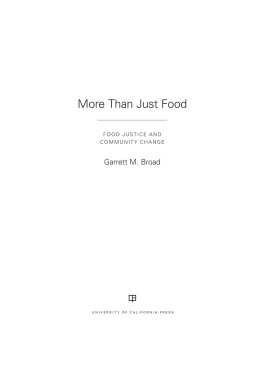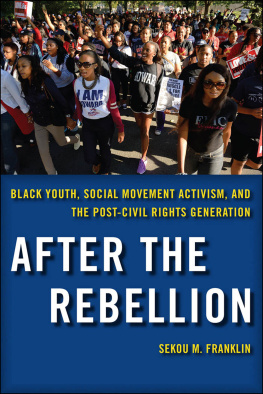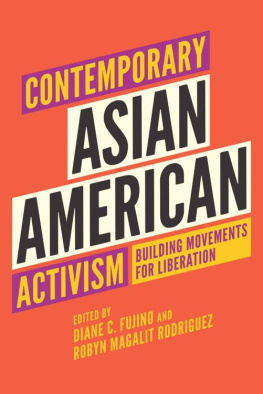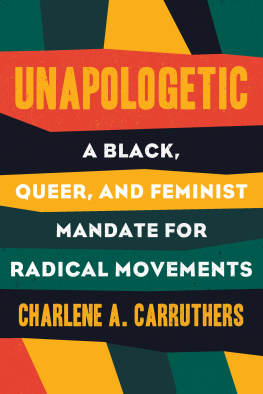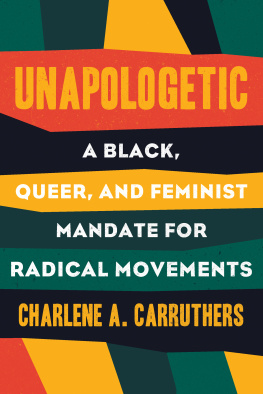Lana Dee Povitz - Stirrings: How Activist New Yorkers Ignited a Movement for Food Justice
Here you can read online Lana Dee Povitz - Stirrings: How Activist New Yorkers Ignited a Movement for Food Justice full text of the book (entire story) in english for free. Download pdf and epub, get meaning, cover and reviews about this ebook. year: 2019, publisher: University of North Carolina Press, genre: Politics. Description of the work, (preface) as well as reviews are available. Best literature library LitArk.com created for fans of good reading and offers a wide selection of genres:
Romance novel
Science fiction
Adventure
Detective
Science
History
Home and family
Prose
Art
Politics
Computer
Non-fiction
Religion
Business
Children
Humor
Choose a favorite category and find really read worthwhile books. Enjoy immersion in the world of imagination, feel the emotions of the characters or learn something new for yourself, make an fascinating discovery.
- Book:Stirrings: How Activist New Yorkers Ignited a Movement for Food Justice
- Author:
- Publisher:University of North Carolina Press
- Genre:
- Year:2019
- Rating:3 / 5
- Favourites:Add to favourites
- Your mark:
Stirrings: How Activist New Yorkers Ignited a Movement for Food Justice: summary, description and annotation
We offer to read an annotation, description, summary or preface (depends on what the author of the book "Stirrings: How Activist New Yorkers Ignited a Movement for Food Justice" wrote himself). If you haven't found the necessary information about the book — write in the comments, we will try to find it.
Using dozens of new oral histories and archives, Povitz reveals the colorful characters who worked behind the scenes to build and sustain the movement, and illuminates how people worked together to overturn hierarchies rooted in class and race, reorienting the history of food activism as a community-based response to austerity. The first book-length history of food activism in a major American city, Stirrings highlights the emotional, intimate, and interpersonal aspects of social movement culture.
Lana Dee Povitz: author's other books
Who wrote Stirrings: How Activist New Yorkers Ignited a Movement for Food Justice? Find out the surname, the name of the author of the book and a list of all author's works by series.

